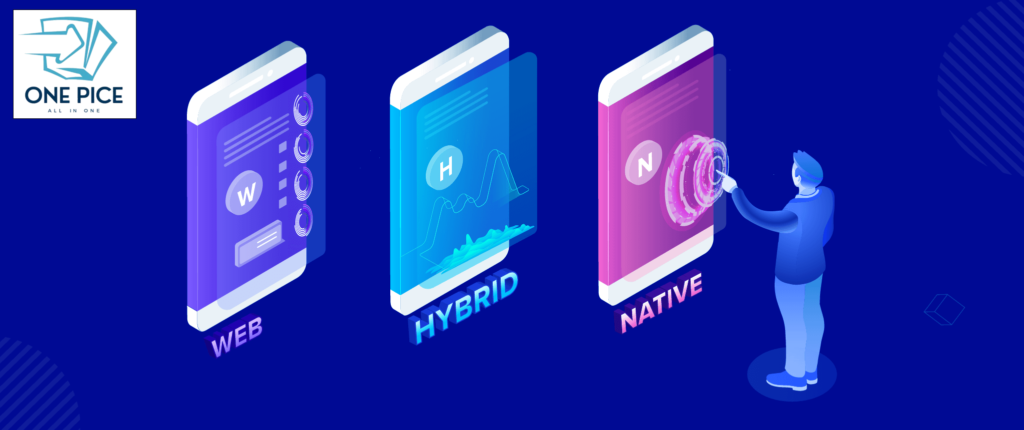Choosing the right app depends on your business goals. If you need high performance and stability, and have the budget and time, a native app is ideal. For lower budgets or quicker builds, hybrid or web apps are better, with hybrid apps useful for MVPs.



